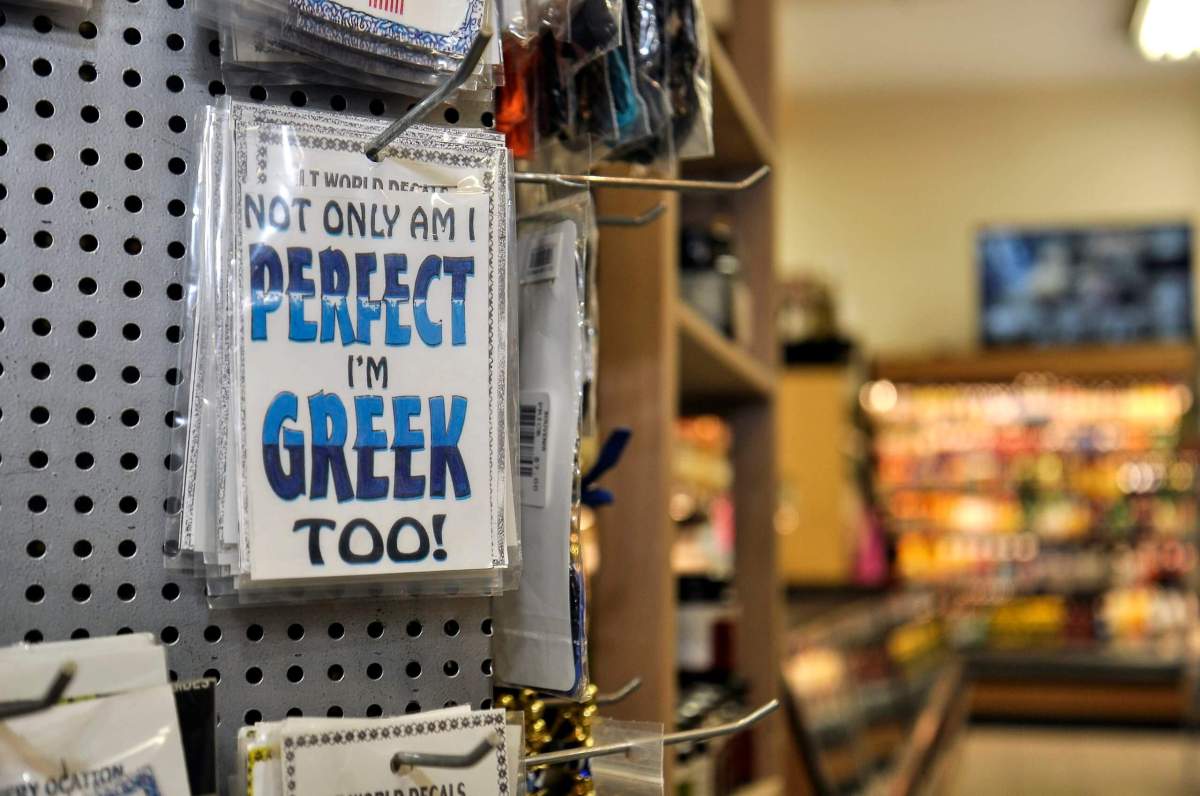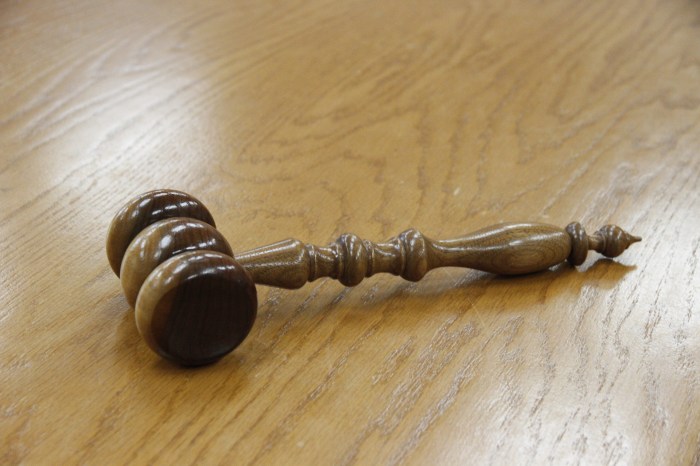Thousands of miles away from home and Astoria’s Greek residents were glued to their TV sets as they waited on bated breath to hear about the referendum vote and the fate of the country’s debt crisis. Greece voted “no” to a bailout referendum that would increase austerity measures on Sunday.
Over 61 percent of voters declined an agreement sponsored by the European Commission, European Central Bank (ECB) and the International Monetary Fund (IMF) that would provide the country with 355 billion euro under certain terms. For many Greeks in Queens, this was a welcomed shock.
“I didn’t expect them to vote no because the media in Greece kept saying that we would vote yes,” said Peter K., who did not want to give out his last name, as he stood inside of the Saint Demetrios Elementary School reception area. “The Greek people were worried and we had to take a stand; take politics into our own hands.” If the Greeks had voted yes to the referendum then it would have allowed for more spending cuts, increased negotiations with European creditors and tax hikes. For Peter, this agreement would have done more harm than good. “The new agreement wasn’t humane,” said Peter. “[Europe] is not helping Greece, they’re sinking it.”
Across from Peter sat Persa Margantidou, the office assistant, sitting at her desk surrounded by drawings by schoolchildren. She held her hand to her heart, nodding.
“It’s a financial World War III,” Margantidou said.
The Greek government implemented a suspension on ATMS, allowing only 60 Euro per day to be withdrawn. Banks were supposed to be closed until July 6 but are being closed a few days longer limiting access to further money, reported Reuters. The Greek government estimates that pensions have been cut by an average of 40 percent since the financial crisis began in 2009, leaving the elderly with little money to survive. The economic crisis is so severe that suicides have risen 35 percent since the cuts started in 2011, according to a study done by the University of Pennsylvania. Although Margantidou called Astoria her home, she still owns property in Athens and has a sister who is trying to find a way out of these rough conditions.
“My sister said, ‘Maybe we have to move to the United States.’ She asked me if I could find her a job,” she said. “She has two young children. They can’t live like that.”
Not everyone found the situation as dire as Peter and Margantidou. At Artopolis Bakery and Café off near the Astoria-Ditmars subway station stood lively Thanasio, another older Greek man who preferred to keep his last name private. “Not giving Greece money is a good thing,” said Thanasio, smiling. “Greeks are the happiest without money.”
To Thanasio, the economic state of Greece was a minor bump in the road. The Greek people were resilient.
“In Greece we have a lot of dances, and today we do the dance that goes over the hill; it means it’s gone, it’s over, forget about it,” he said. “We’re ready for everything.”
Under the florescent lights of Titan Foods in Astoria wandered Thonmide Eceu as she did her grocery shopping. She stopped, inquiring if people who were looking at the stickers of the Greek flag were Greek or just found her flag beautiful. Even with pride for her country, her heart sank for its current state.
“I’m sad. Greek people are nice people,” Eceu said about the economic crisis. She was shy to speak since her English was limited, but she wanted to share her concern. “I hope everything is okay. I love my country.” For people like Margantidou, the vote was just the beginning of Greece standing up against what she viewed as an unjust bailout and finally finding peace.
“[The bailout leaders] take an injured man and instead of helping him they try to give him a final shot.”
Astoria Greeks worried about state of home country

Carlos Llamas


















